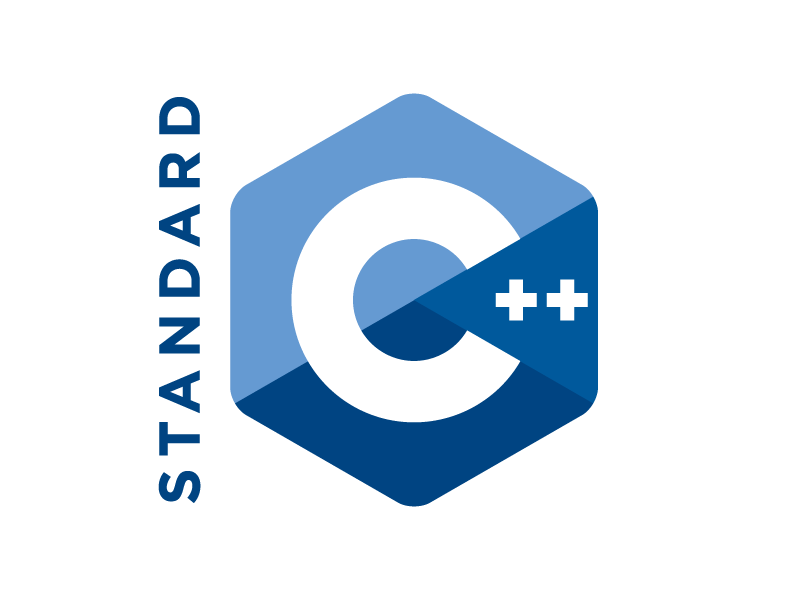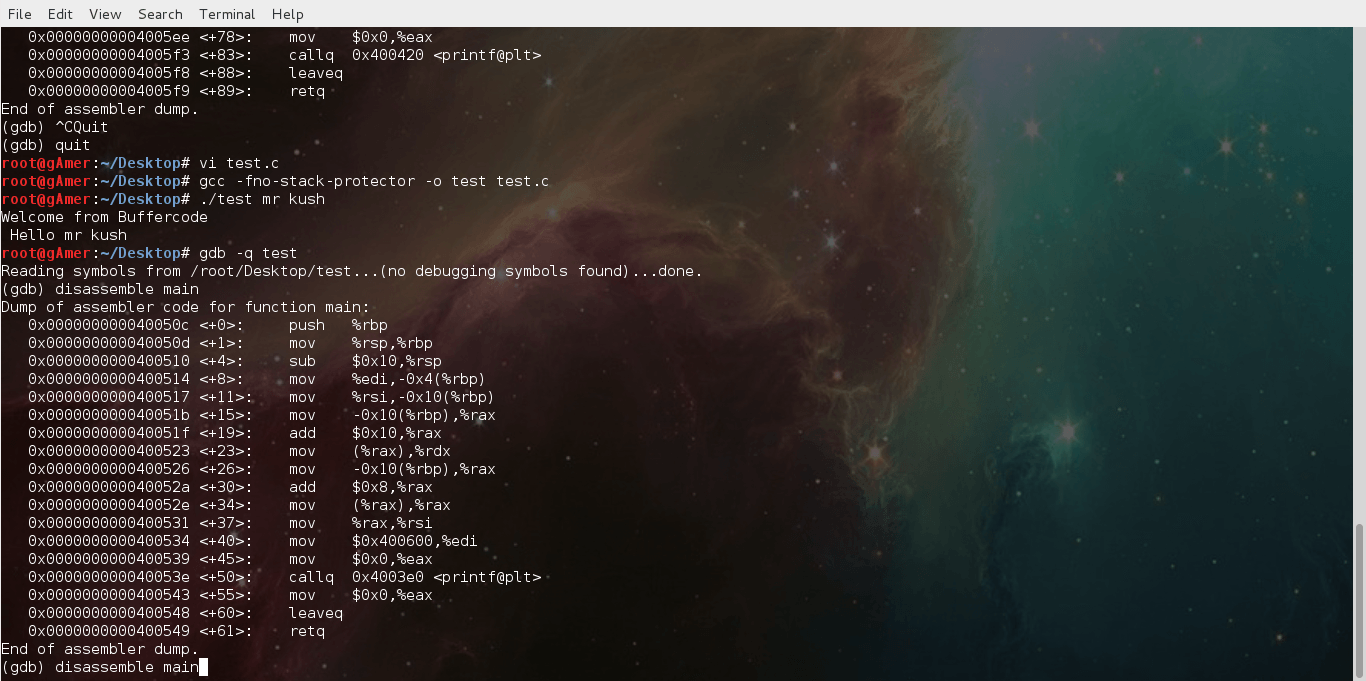In order of size, starting with the smallest, the integer types are char, short,int, long and long long. The smaller types have the advantage of taking up less memory, the larger types incur a performance penalty. Variables of type int store the largest possible integer which does not incur this performance penalty. For this reason, int variables can be different depending what type of computer you are using.
On “32-bit” machines the int data type takes up 4 bytes (232). The short is usually smaller, the long can be larger or the same size as an int and finally the long long is for handling very large numbers.long long is an integer type which is at least 64-bit (8 byte )wide.
We can easily get the size of these datatype by using sizeof(data_type_name) in c program.
An Unsigned int can hold zero and positive numbers but a signed int holds negative, zero or positive numbers.
One of the good example I came across is :
int main() {
unsigned long long int num = 285212672; //FYI: fits in 29 bits
int normalInt = 5;
printf("My number is %d bytes wide and its value is %ul. A normal number is %d.\n", sizeof(num), num, normalInt);
return 0;
}
o/p :My number is 8 bytes wide and its value is 285212672l. A normal number is 0.
Second one is :
#include <stdio.h>; int main() { int num1 = 1000000000; long num2 = 1000000000; long long num3; num3 = 100000000000LL; long long num4 = ~0; printf("%u %u %u", sizeof(num1), sizeof(num2), sizeof(num3)); printf("%d %ld %lld %llu", num1, num2, num3, num4); return 0; }in second example :The suffixLLmakes the literal into typelong long. In Cwe have to conclude this from the type on the left, the type is a property of the literal itself. On major 32-bit platforms:
intis 32 bitslongis 32 bits as welllong longis 64 bits
On major 64-bit platforms:
intis 32 bitslongis either 32 or 64 bitslong longis 64 bits as well
Going by the standard:
intmust be at least 16 bitslongmust be at least 32 bitslong longmust be at least 64 bits
Hope you learnt something special..keep coding 🙂
(source :
http://stackoverflow.com/questions/2844/how-do-you-printf-an-unsigned-long-long-int ,
http://stackoverflow.com/questions/1458923/long-long-in-c-c)



